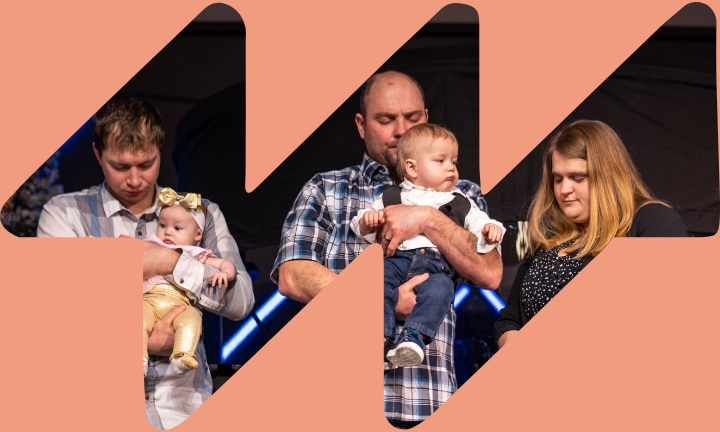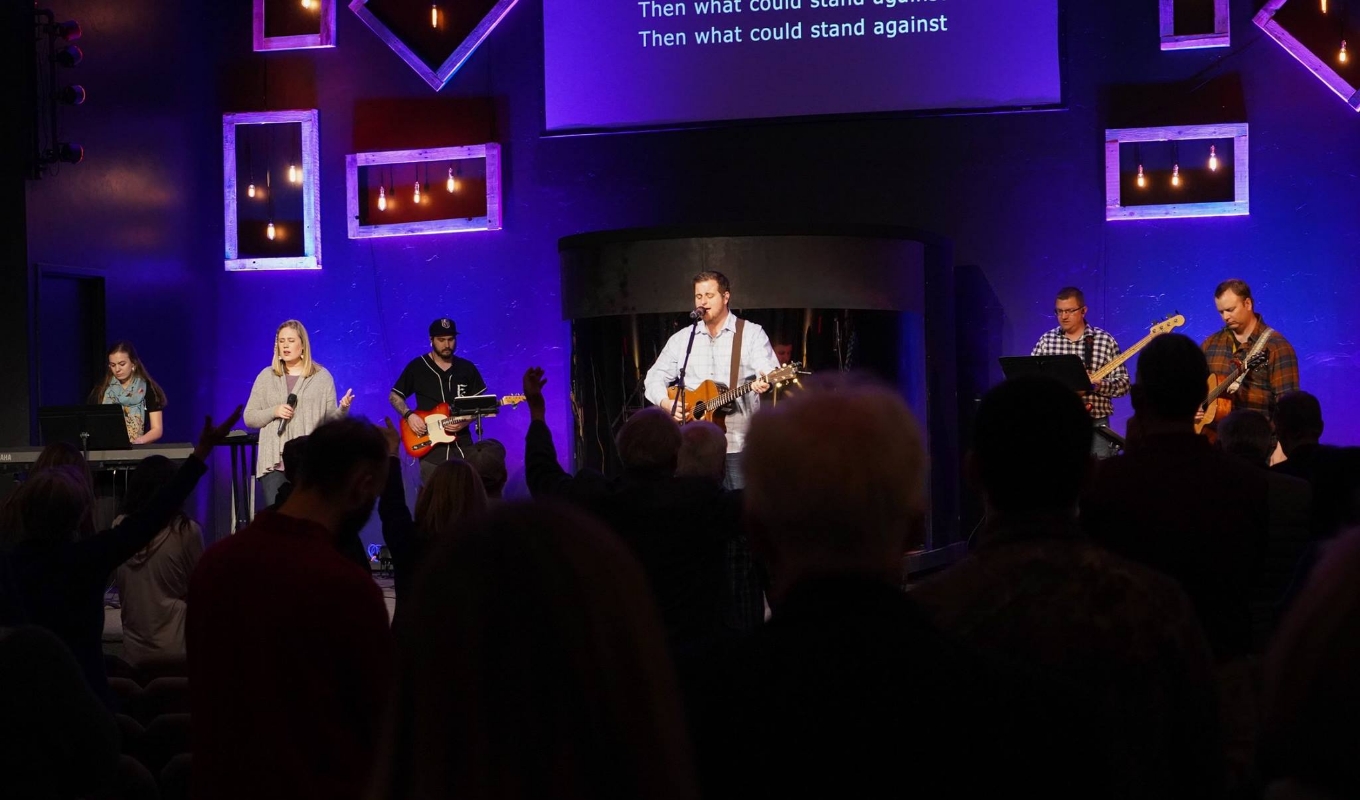The most gruesome account in the entire Bible is the story of the crucifixion of Jesus. It is natural for us to shun it because it is a scene of suffering and cruelty. In fact, it is the most tragic scene in the Bible. I keenly remember when the movie “The Passion of the Christ” came out I shunned it. To this day I have never watched the entire movie. Why? It is too violent. Yet, it is the true story of what the Son of God endured, and it must be faced. We would much rather think in terms of Easter bunnies, colored eggs for the children and fun and laughter, but that is not the story of the Bible. I clearly remember the congregation singing, “He was nailed to the cross for me” and grown, hard-core working men singing with hands raised and tears running down their cheeks. But this is a day to forget: forget the pandemic, forget the economy, forget the war in Ukraine where people are suffering the pain of war while we sing and dance.
I seek to see the expression on the face of Jesus as He enters Jerusalem for the last time. Jerusalem was called the “The City of God.” But it was about to become the city of death.
Jesus takes his Apostles to the feast of the Passover. They gather for this traditional Jewish celebration, but something is different this time. Jesus had said, “Now my soul has become troubled, and what shall I say? Father, save me from this hour? But, for this purpose I came to this hour.”
He took off His outer garment and filled a basin with water. He threw a towel over His shoulder, knelt down, and began to wash the feet of these twelve men. I wonder what He thought as He came to Judas.
He took His seat at the table, “and He became troubled in His spirit and said, One of you will betray me tonight.” Jesus then said to Judas, “go ahead and do what you are going to do.” The others thought that it had something to do with money since Judas “carried the bag.” But something bigger was in the process of birthing.
The stage is now set for Jesus’ death. All the cards are on the table. It is time for Jesus to lead his Apostles out of Jerusalem for the night. They head to a garden, called Gethsemane. It was an olive grove, where they had spent the night on other occasions. As I read this section, my emotions rise within me. It is the final prayer of Jesus to His Father. Is He bargaining? What emotions are rising up in Him as he says “Father, if there is any other way for this to be done…but not my will but thine.” It is at this time that His sweat is as drops of blood. I do not understand this, but I am told this only happens during times of extreme anxiety.
There is the sound of footsteps approaching. Judas has gone to the high priest, and they have delegated some of the palace guard and a detachment of legionnaires to apprehend Jesus. In my imagination, I attempt to put this scene together. I see five different scenes that take place. I see the immediate confusion among the Apostles. They become physical, ready for combat, and when they see this is impossible, every one of them flees. Then, I see Jesus with the religious leaders, the high priest, and a segment of the Sanhedrin. It is the middle of the night as they gather in their chambers. They have waited for this moment. Jesus has been such a threat because of His great following. He has become more popular than they are, and they have determined that He must be eliminated.
Then, I see the Roman authorities. Why is Rome involved in a Jewish scheme? Because they want Jesus eliminated and only Rome has that power. So, they get Pilate out of bed and present their case why they think He must die. Pilate asks why? “Because he has claimed to be king, and we have no king but Caesar.” I can tell by the way this Roman Procurator asks his question that he sees no cause of death. He reasons with the crowd and tells them he sees no crime worthy of death. Then why does Pilate turn Jesus over to the Jewish mob? Because he is a pragmatist and will do whatever needs to be done to keep the peace and keep Rome out of the disruption. “Take Him and crucify Him.”
The next scene I see in this story is so powerful, that I search for words to describe it. Once these Jewish leaders take their own Messiah, and with Roman approval take Him to the place of execution, their wrath knows no limits.
John describes it best, and I quote him in John 19:17. “And they took Jesus, and He went out bearing His own cross to the place called the place of the skull…where they crucified Him…therefore the soldiers did these things. Standing by the cross was His mother…Jesus knowing that all things had been accomplished in order that the scripture might be fulfilled said, I am thirsty. A jar full of sour wine was standing there, so they put a sponge full of sour wine on a branch of hyssop and brought it to His mouth. And when Jesus therefore had received the sour wine, He said, ‘It is finished!’ He bowed His head and gave up His spirit.
The scriptures teach that Jesus, after His death, visited the “underworld” Ephesians tells us that “he led captive a host of captives.”
The account of the death of Jesus must be held in perspective. Yes, it was tragic, cruel, and carried out with malice. However, there was no other way for the Father to bring His lost creation back to Himself. God, through Jesus Christ, died, that He might freely forgive all who have sinned. He seeks to implant His own nature within us. Death, though cruel, brought life. That is not just life, but life eternal, the very life of God.



